Please feel invited to this week’s Centre for Comparative Politics and Media Research (CCPMR) speaker’s series, where we welcome our Leverhulme Visiting Professor Claudia Mellado on campus.
This is a hybrid event with a Teams link here for those who can’t make it in person
Date: Wednesday the 22 November
Place: F104
Time: 1500-16.30, followed by drinks reception
Speaker:
Claudia Mellado is Professor of Journalism at the Pontificia Universidad Católica de Valparaíso, Chile and Leverhulme Visiting Professor at Bournemouth University. She is the Principal Investigator of the Journalistic Role Performance cross-national project (www.journalisticperformance.org). Her research focuses on journalistic cultures, professional roles, social media performance, and comparative research. Her last two edited books are Journalistic Role Performance: Concept, Contexts, and Methods (Routledge, 2017), and Beyond Journalistic Norms. Role Performance and News in Comparative Perspective (Routledge, 2020).
The dynamics of audience engagement with journalistic roles
Over the past decade, the literature on journalistic roles and journalistic cultures has documented inevitable discrepancies between the professional ideals of journalists and the practice of the profession. At the same time, high levels of audience dissatisfaction with how journalism and the media do their work have been observed along with a decrease in audiences’ level of consumption of traditional platforms. Moreover, the data has shown that the business models of traditional media platforms are being challenged due to their inability to understand audiences’ needs and behaviors, which threatens their survival and profitability. Despite all of this, attempts to actively incorporate audiences into journalism studies have been limited and even non-existent in some parts of the world.
Based on survey conducted with 330 journalists and 4,615 news audience members in Chile, in this talk I will address the audiences as a relevant subject of study in the understanding of journalism as a social institution, analyzing the relationship and gaps that exist between the two groups in terms of their expectations of journalism and the degree to which their expectations align with their evaluations of journalistic work, looking at the sociodemographic and attitudinal factors that better explain the various in(congruencies) in the journalism-audience relationship, and the impact of these incongruencies on media trust.
Comparing audience perceptions of journalism to those of journalists is a crucial element for understanding the norms, rules and values that give life to and maintain the profession as a legitimate and viable social institution. Studying both journalism and audiences will thus reveal the paths journalists and the media can choose to recover their credibility and increase public interest in various formats and types of news media, representing an opportunity to rethink the ethos of the profession.
We hope to see you there
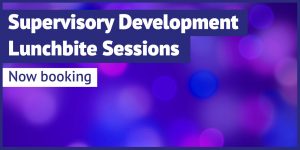

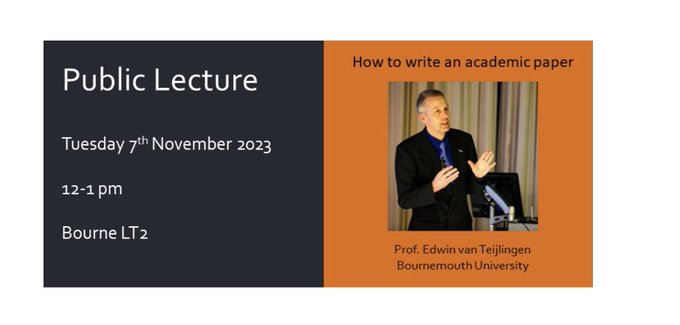 Professor Edwin van Teijlingen in the Centre for Midwifery & Women’s Health (CMWH) has been invited to speak at Royal Holloway, University of London, about writing an academic paper. His public lecture will be coming Tuesday lunch time in the appropriately named ‘Bourne Lecture Theatre’ at Royal Holloway. Prof. van Teijlingen, together with several Bournemouth University (BU) colleagues, has published a text book [1], several book chapters [2-18] and a large number of papers [19-38] about a wide-range of aspects of academic writing and publishing. One of former BU academics, who co-authored a book chapter [10], and two papers [21, 25], is Dr. Preeti Mahato. She is Lecturer in Global Health at Royal Holloway as well as Visiting Faculty in BU’s Faculty of Health & Social Sciences.
Professor Edwin van Teijlingen in the Centre for Midwifery & Women’s Health (CMWH) has been invited to speak at Royal Holloway, University of London, about writing an academic paper. His public lecture will be coming Tuesday lunch time in the appropriately named ‘Bourne Lecture Theatre’ at Royal Holloway. Prof. van Teijlingen, together with several Bournemouth University (BU) colleagues, has published a text book [1], several book chapters [2-18] and a large number of papers [19-38] about a wide-range of aspects of academic writing and publishing. One of former BU academics, who co-authored a book chapter [10], and two papers [21, 25], is Dr. Preeti Mahato. She is Lecturer in Global Health at Royal Holloway as well as Visiting Faculty in BU’s Faculty of Health & Social Sciences.
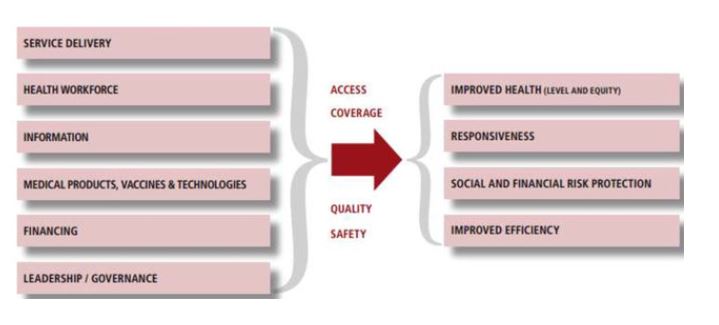
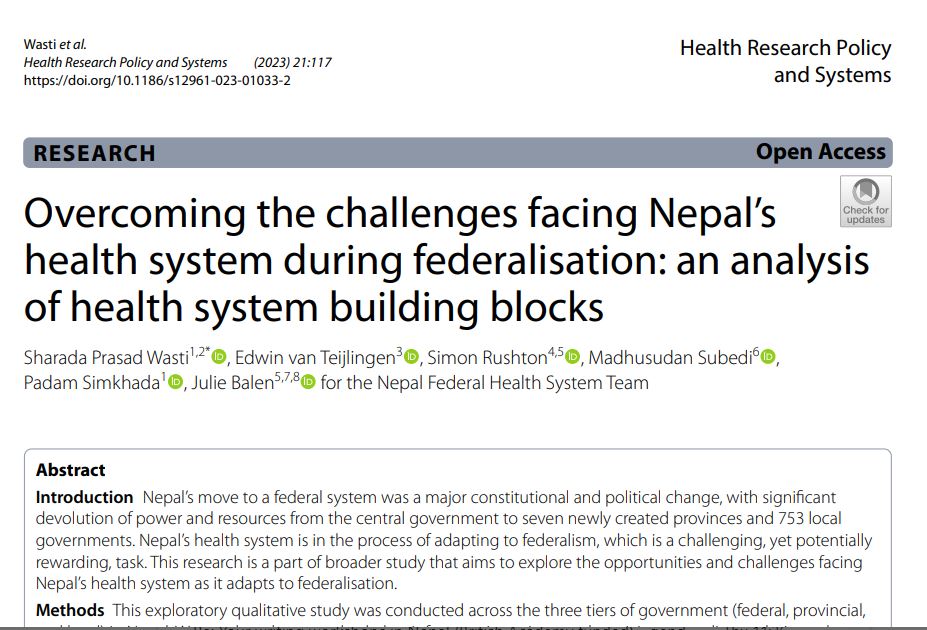
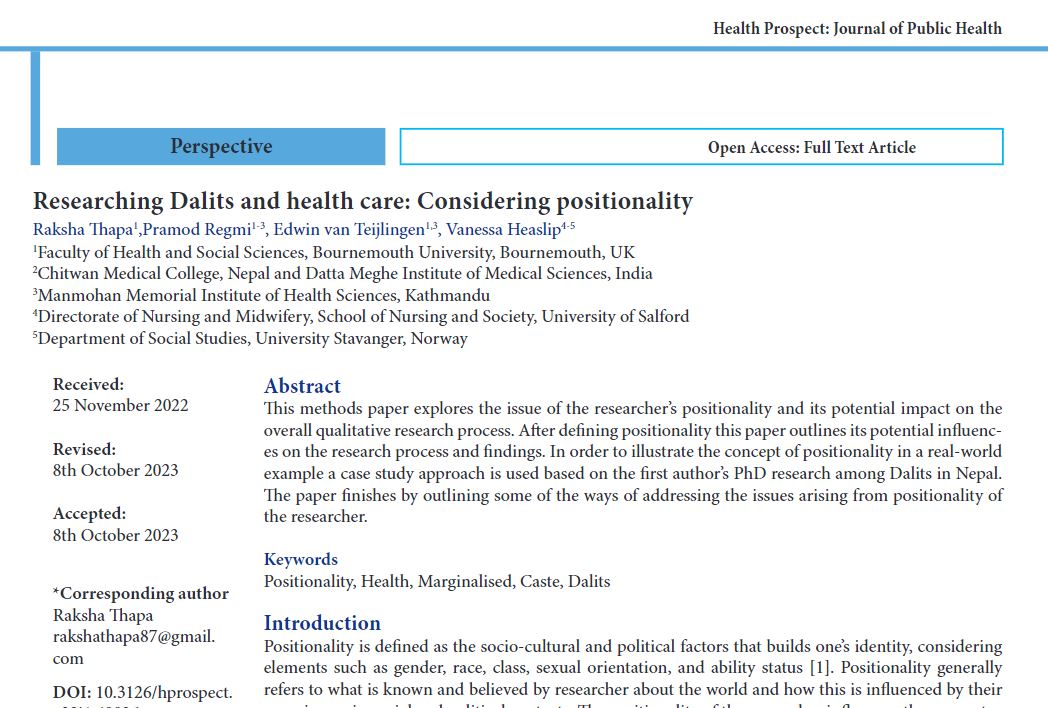
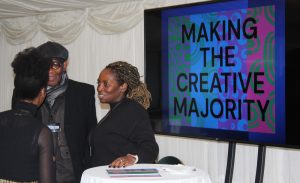 Making the Creative Majority is a new report from the
Making the Creative Majority is a new report from the 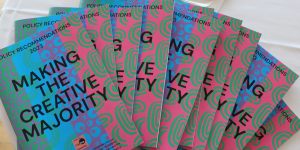
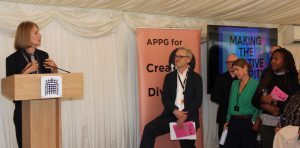
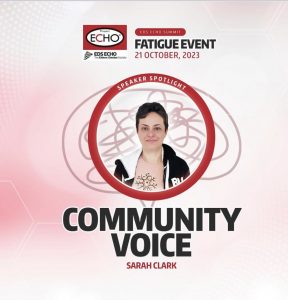
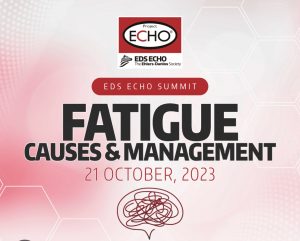
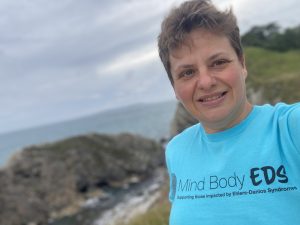
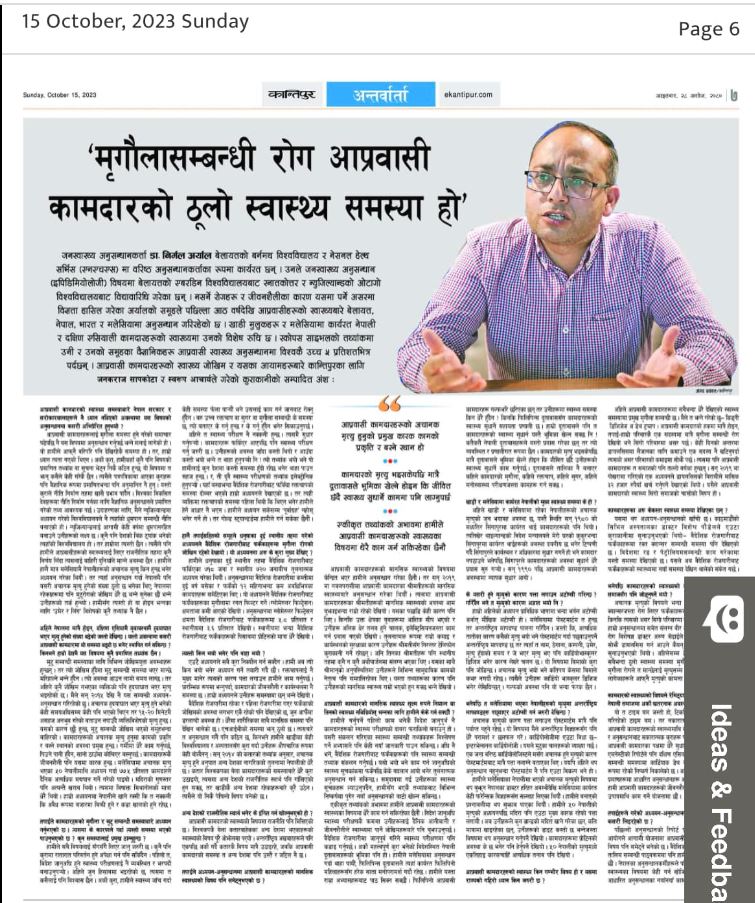
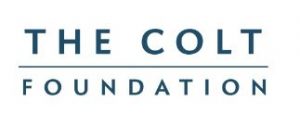
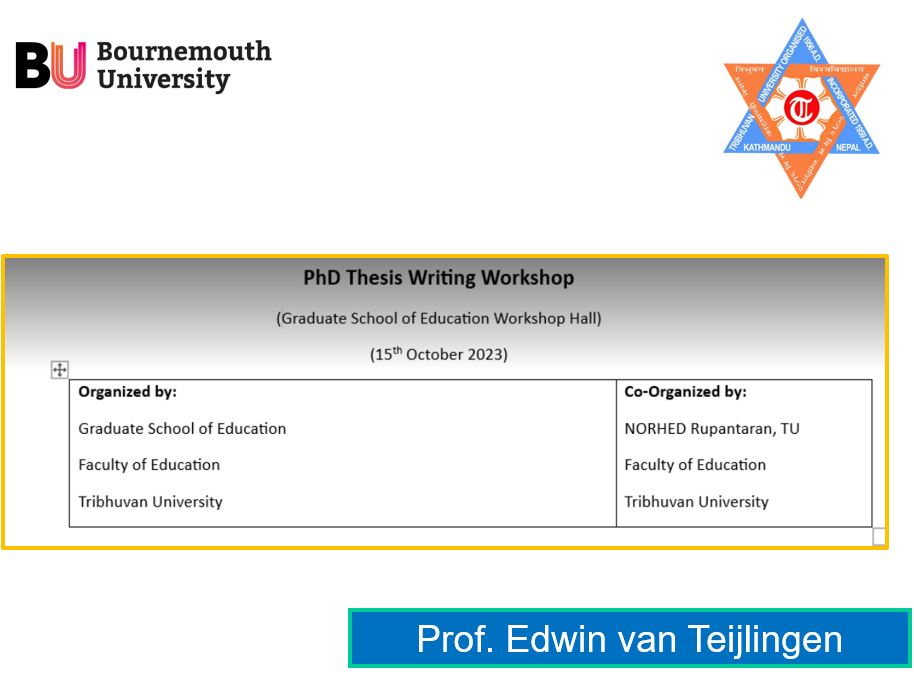

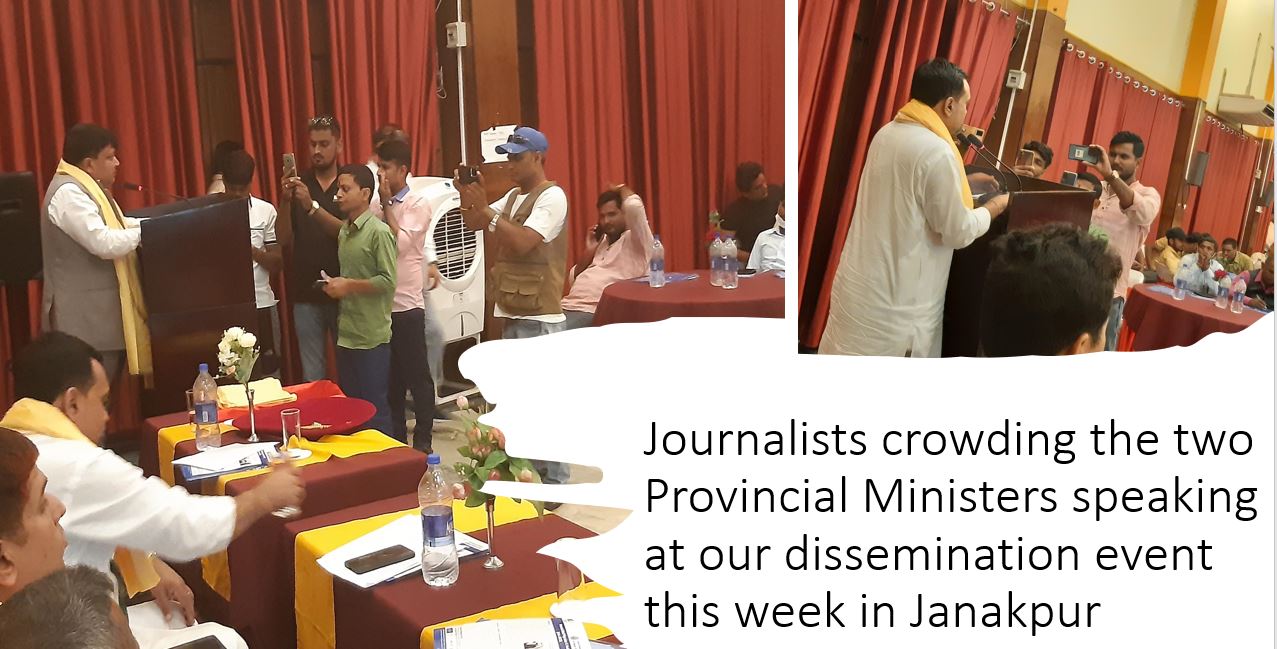
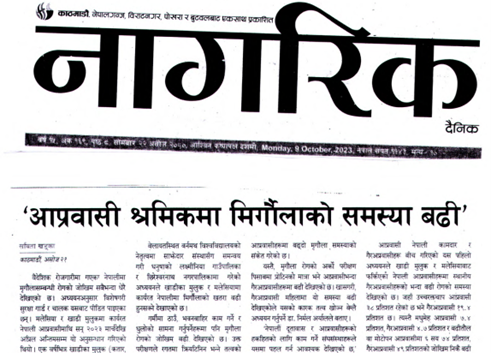
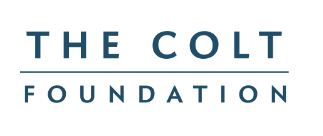
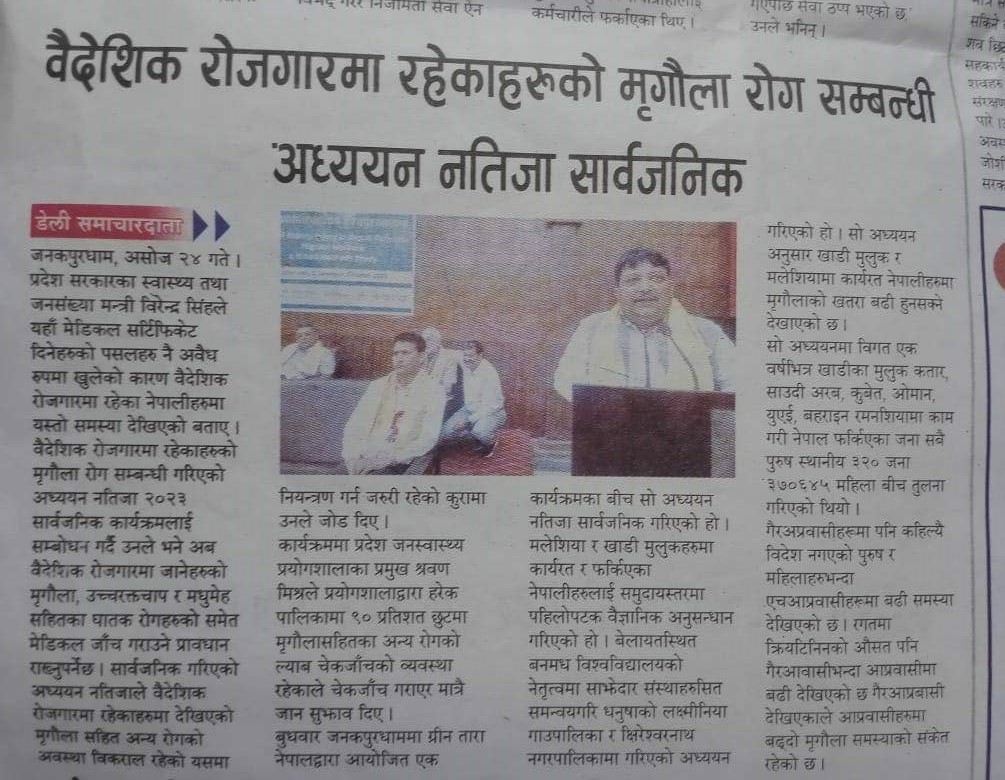
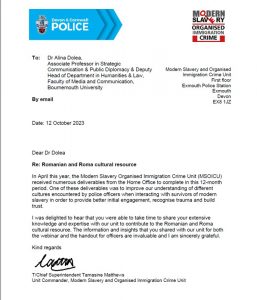 Dr. Alina Dolea, Associate Professor in Strategic Communication and Public Diplomacy and Deputy Head of Department in Humanities and Law, received a letter of thanks from the UK Modern Slavery and Organised Immigration Crime Unit (MSOICU).
Dr. Alina Dolea, Associate Professor in Strategic Communication and Public Diplomacy and Deputy Head of Department in Humanities and Law, received a letter of thanks from the UK Modern Slavery and Organised Immigration Crime Unit (MSOICU).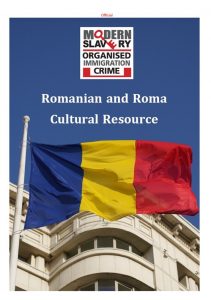
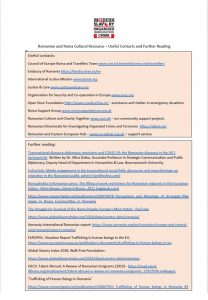
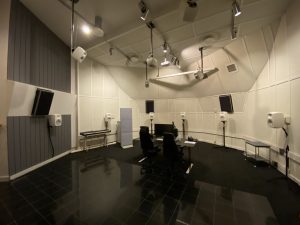
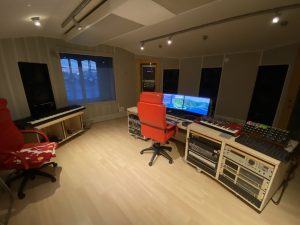
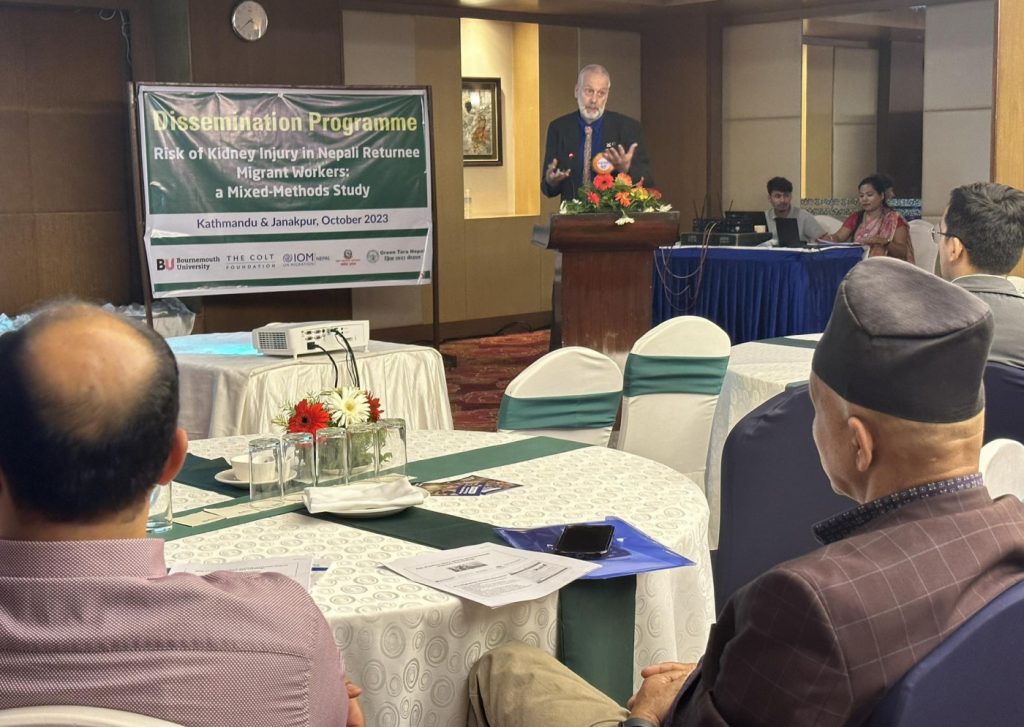
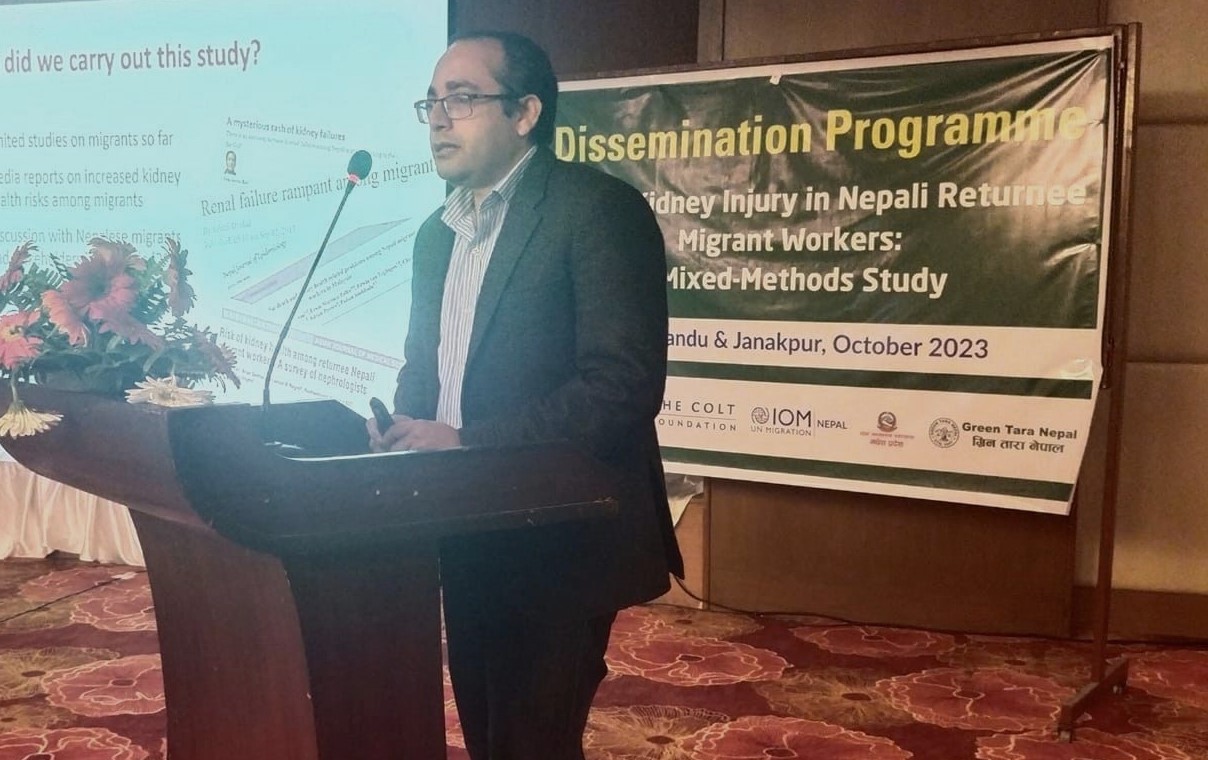












 New weight change BU paper
New weight change BU paper One week to go! | The 16th Annual Postgraduate Research Conference
One week to go! | The 16th Annual Postgraduate Research Conference Geography and Environmental Studies academics – would you like to get more involved in preparing our next REF submission?
Geography and Environmental Studies academics – would you like to get more involved in preparing our next REF submission? Congratulations to three former BU staff
Congratulations to three former BU staff MSCA Staff Exchanges 2024 Call – internal deadline
MSCA Staff Exchanges 2024 Call – internal deadline Applications are now open for 2025 ESRC Postdoctoral Fellowships!
Applications are now open for 2025 ESRC Postdoctoral Fellowships! Horizon Europe – ERC CoG and MSCA SE webinars
Horizon Europe – ERC CoG and MSCA SE webinars MaGMap: Mass Grave Mapping
MaGMap: Mass Grave Mapping ERC grants – series of webinars
ERC grants – series of webinars